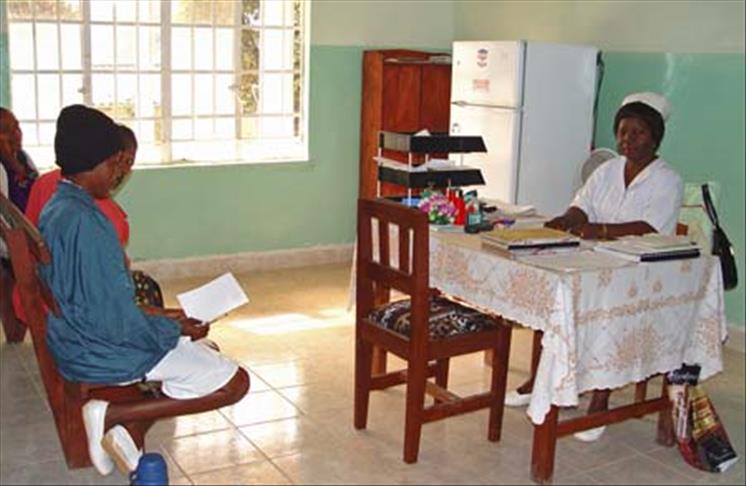
By Hassan Isilow
JOHANNESBURG
Developed countries that recruit doctors from African countries with high disease burdens should pay compensation to the governments that trained those doctors, a South African trade union has suggested.
"Brain drain is a reality for us," Sizwe Pamla, a spokesperson for South Africa's National Education, Health and Allied Workers' Union, told The Anadolu Agency in an interview.
He said numerous South African doctors had left the country in the early 2000s, but added that departures had fallen in 2008 during the global financial crisis, which deeply affected developed nations.
"After 2008, developed countries started only targeting specialist doctors," said Pamla, adding that, prior to the financial crisis, they would recruit any qualified doctor.
"The brain drain has not stopped. It's ongoing," he insisted.
According to a study conducted two years ago, over 10,000 medical graduates trained or born in sub-Saharan Africa were registered to practice medicine in the United States alone.
Pamla said there must be compensation – either by providing scholarships for young Africans to study at western institutions, or with monetary compensation – but not through aid or donations.
"We spend our meager incomes and taxpayer money training doctors; they [the West] can't just take our finished products," he insisted.
He gave the example of Cuba, which has an agreement with South Africa to train that country's young doctors.
"We send a lot of our students to Cuba," Pamla said.
Most South African doctors immigrate to English-speaking countries, such as Canada, Britain, Australia and the U.S., or to rich Gulf countries like Qatar.
-Remuneration-
Phophi Ramatuba, chairperson of the South African Medical Association (SAMA), said brain drain remained a concern for South Africa and other African countries.
"South Africa is not immune to having its doctors immigrate," she told AA.
Ramatuba said remuneration and working conditions were the main reasons for doctors to immigrate overseas or move from the public to the private sector.
"We need to continue to review salaries of doctors and also look at the incentives for doctors who work in rural areas," she added. "Hospitals, too, should be well equipped and treat doctors well."
She also said doctors in rural areas needed good schools in which they could enroll their children.
"If a doctor studies in harsh conditions and makes it as a doctor, they won't want their children to face the same conditions," Ramatuba said.
According to her, the basic salary for a doctor who has studied for six years – and done three years of internship and community service – is 550,000 rand (approximately $50,000) per year.
She insisted the sum was not enough, however, especially as doctors must pay back student loans.
"Some of them seek jobs overseas just to pay back their student loans," she said.
South African universities produce between 1,100 and 1,300 doctors each year, according to Ramatuba.
She estimated that over 1,000 South African doctors had left the country over the past two years alone.
Anadolu Agency website contains only a portion of the news stories offered to subscribers in the AA News Broadcasting System (HAS), and in summarized form. Please contact us for subscription options.

